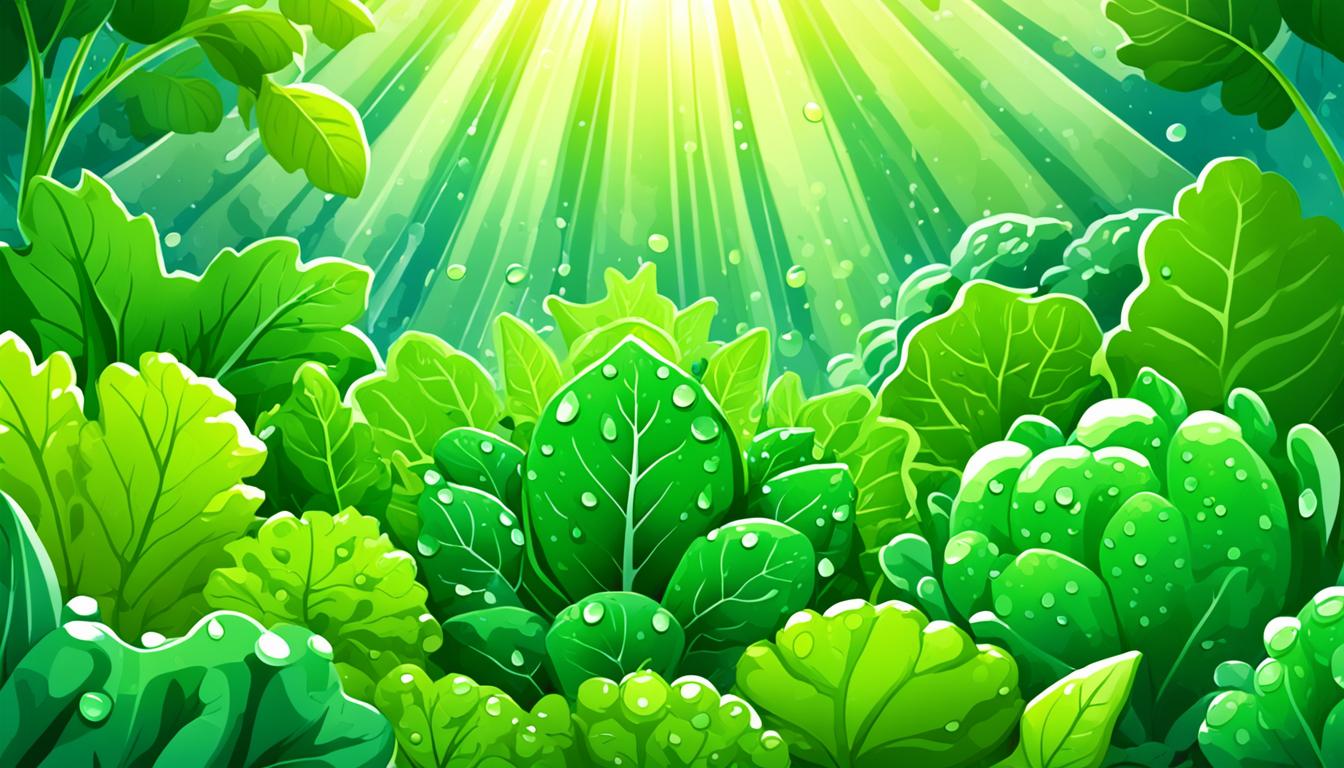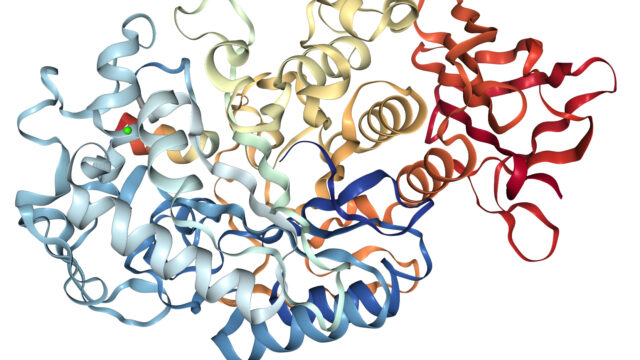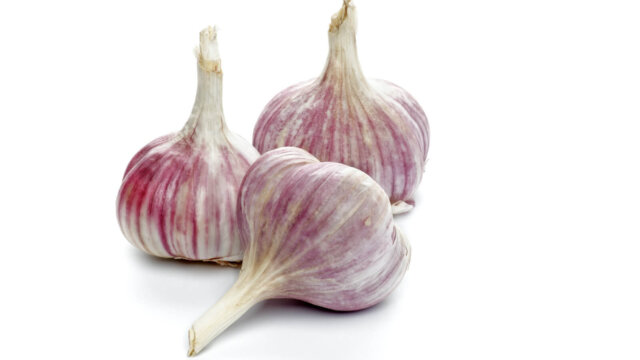FTC disclaimer: This post may contains affiliate links and we will be compensated if you click on a link and make a purchase.
Did you know one cup of raw kale gives you 68% of the Daily Value (DV) for vitamin K? Dark green veggies like kale, spinach, and collard greens are full of good stuff. They have vitamins, minerals, and antioxidants that help your brain, fight chronic diseases, and help with weight control.
Adding more dark green veggies to your meals is easy and can make a big difference in your health. They boost your fiber, folate, and vitamin C levels. Plus, they’re full of antioxidants that fight diseases. These greens are superfoods that should be in your meals often.
Key Takeaways
- Dark green vegetables are nutrient-dense powerhouses that offer numerous health benefits.
- They are packed with essential vitamins, minerals, and antioxidants that support brain health, reduce disease risk, and aid in weight management.
- Increasing your intake of dark green vegetables, such as kale, spinach, and collard greens, can be a simple yet impactful step towards optimal nutrition.
- These leafy greens are a rich source of fiber, folate, vitamin C, and disease-fighting antioxidants.
- Incorporating more dark green vegetables into your diet can help you meet the recommended intake of fruits and vegetables for overall health and wellbeing.
What Are Dark Green Vegetables?
Dark green vegetables are packed with vitamins, minerals, fiber, and antioxidants. They include kale, spinach, collard greens, and more. These veggies are key for a healthy diet, thanks to their deep colors and many health benefits.
Types of Dark Green Leafy Vegetables
- Kale: Provides 43 calories, 6.3g of carbohydrates, 1.4g of sugars, 1.4g of fat, 3.5g of protein, and 4.7g of fiber per 1 cup cooked.
- Spinach: Offers 7 calories, 1.1g of carbohydrates, 0.1g of sugars, 0.1g of fat, 0.9g of protein, and 0.7g of fiber per 1 cup raw.
- Collard Greens: Contains 62 calories, 10.7g of carbohydrates, 0.8g of sugars, 1.4g of fat, 5.2g of protein, and 7.6g of fiber per 1 cup cooked.
- Microgreens: Immature, nutrient-dense versions of leafy greens and herbs, such as kale, spinach, and arugula.
- Bok Choy: Provides 9 calories, 1.5g of carbohydrates, 0.8g of sugars, 0.1g of fat, 1.1g of protein, and 0.7g of fiber per 1 cup shredded raw.
- Swiss Chard: Contains 6.8 calories, 1.4g of carbohydrates, 0.4g of sugars, 0.1g of fat, 0.6g of protein, and 0.6g of fiber per 1 cup raw.
- Arugula: Offers 3 calories, 0.4g of carbohydrates, 0.2g of sugars, 0.1g of fat, 0.3g of protein, and 0.2g of fiber in half a cup raw.
- Endive: A bitter, leafy green with a crisp texture and slightly nutty flavor.
- Turnip Greens: Nutrient-rich leaves that can be enjoyed cooked or raw.
These dark green veggies are not just pretty but also full of nutrients and health perks. Adding them to your meals is a great way to boost your health.
Nutritional Benefits of Dark Green Vegetables
Dark green vegetables are full of important nutrients that can make you healthier. They are packed with vitamins, minerals, and antioxidants. These help your body in many ways.
These veggies help your brain work better. Eating lots of leafy greens can slow down brain aging. It makes your memory as sharp as someone 11 years younger. They also make mood-regulating hormones, which helps you feel less stressed.
Dark green veggies are great for your eyes, skin, bones, and immune system. They have vitamins A, C, E, and K, and minerals like iron, calcium, and magnesium. These nutrients keep you healthy in many ways. Eating these greens can lower your risk of cancer and heart disease.
These veggies are also good for your gut and heart. The fiber helps control blood sugar and lowers inflammation. Chlorophyll in these veggies helps clean your body by removing toxins, supporting your liver.
Nutrient | Benefits |
|---|---|
Vitamins A, C, E, and K | Supports vision, skin, bone, and immune health |
Folate | Promotes mood regulation and stress relief |
Fiber | Aids digestion and heart health, regulates blood glucose |
Chlorophyll | Detoxifies the body and supports liver function |
Eating more dark green veggies can boost your health in many ways. It helps your brain, heart, and can even prevent cancer.
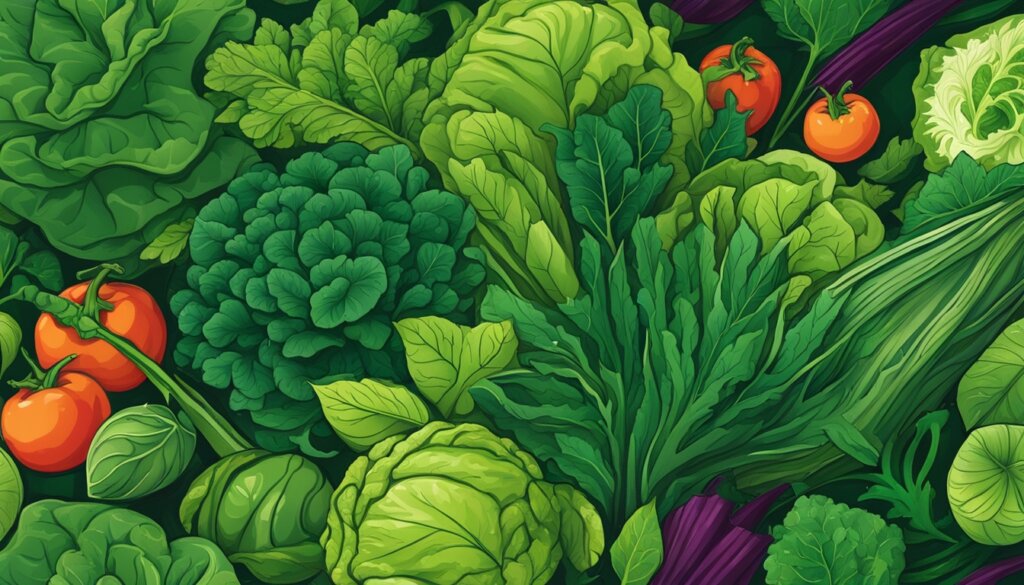
How Dark Green Vegetables Support Health
Dark green veggies are not just tasty, they’re also super good for you. They’re full of antioxidants. These help fight off bad free radicals and lower cancer risk. Eating green and yellow veggies every day can cut the risk of stroke death by 26%.
These veggies are also packed with fiber and important nutrients. This makes them great for your heart health. The DASH study showed eating lots of fruits, veggies, whole grains, and lean protein can lower blood pressure. Plus, the American Cancer Society says eating at least five servings of fruits and veggies a day helps prevent cancer.
Antioxidants and Cancer Prevention
Dark green veggies have antioxidants like lutein and beta-carotene. These help protect against cancer. They fight off free radicals and stop cell damage, which might lower cancer risk. Lycopene, a key antioxidant, is found in tomatoes. Cooked tomatoes have more lycopene than raw ones.
Broccoli is full of vitamins and minerals, including sulforaphane, a cancer fighter. Other veggies like Brussels sprouts, cabbage, cauliflower, and kale have similar benefits.
Heart Health and Weight Management
Dark green veggies are great for your heart and weight. They’re high in fiber and nutrients, which can lower cholesterol and blood pressure, and reduce inflammation. They’re also low in calories, making them perfect for weight control. They help you feel full and give you important nutrients. Pumpkin, sweet potatoes, and carrots are full of beta-carotene, boosting your immune system and fighting off free radicals.
Spinach is known for fighting off many diseases, like cancer, heart disease, and eye problems.
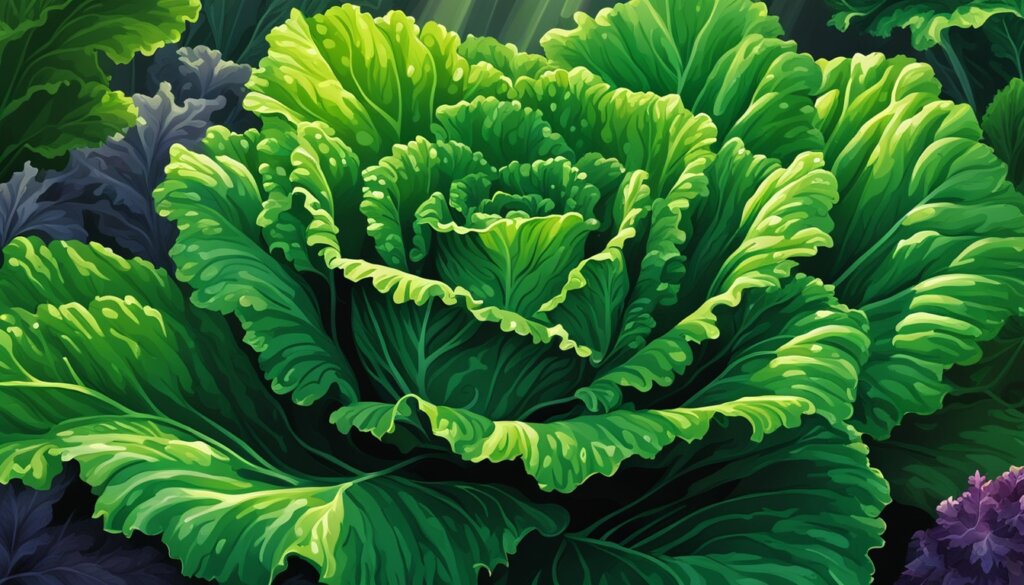
“Eating a diet full of dark green veggies can bring many health benefits. It can lower cancer and heart disease risk and help with weight management.”
Dark Green Vegetables
Dark green veggies like kale, spinach, and collard greens are full of nutrients. They are great for your health. These greens have vitamins, minerals, antioxidants, and fiber. They are key to a balanced diet.
Adding different dark green veggies to your meals helps you get the nutrients you need. They can improve your brain function and lower the risk of heart disease. These veggies are superfoods you should eat often.
Nutrient | Benefits |
|---|---|
Vitamins A, C, and K | Supports immune function, eye health, and bone health |
Antioxidants | Protect cells from damage and reduce inflammation |
Fiber | Promotes digestive health and regularity |
Folate | Crucial for fetal development and red blood cell formation |
Magnesium, Calcium, Iron, Potassium | Support bone health, muscle function, and blood pressure regulation |
Try different dark green veggies and ways to cook them to make them tasty. You can eat them raw in salads, cooked in stir-fries, or blended into smoothies. These greens are easy and tasty ways to get healthier.
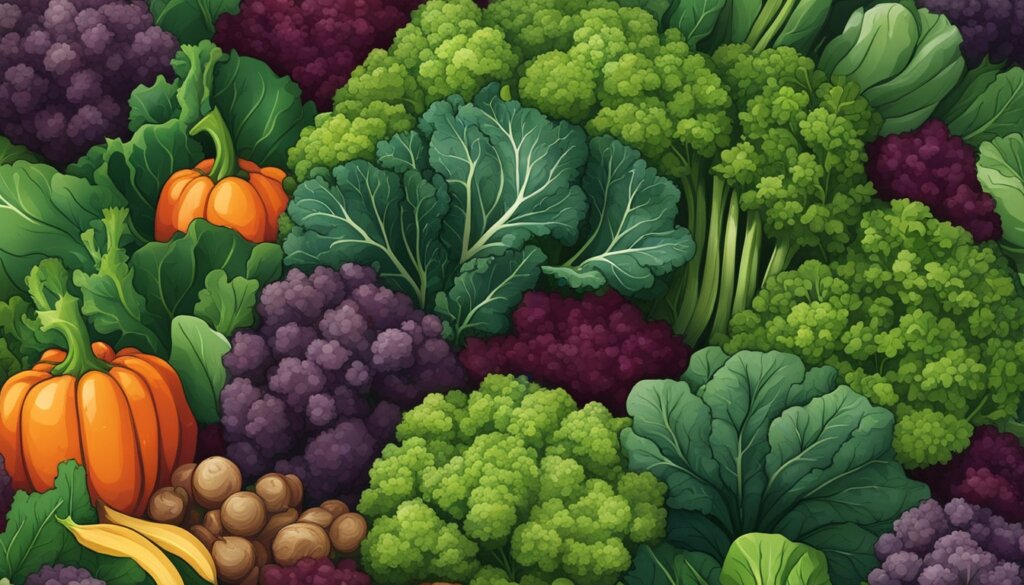
Incorporating More Dark Green Vegetables into Your Diet
Dark green veggies are full of vitamins, minerals, and antioxidants. These foods are great for your health. Here are some tasty ways to add them to your meals.
Salads and Wraps
Salads and wraps are perfect for dark green veggies. Add spinach, arugula, and romaine lettuce to increase your nutrient intake. You can mix different greens, veggies, proteins, and dressings for tasty meals.
Soups and Stir-Fries
Soups and stir-fries are great for adding dark greens to your diet. Sauté or steam kale, collard greens, or Swiss chard to add to soups or stir-fries. Try different cooking methods and seasonings to enjoy these greens.
Steaming and Omelets
Steaming dark greens like kale or spinach is easy and healthy. Serve them in omelets or as a side dish. This way, you keep their nutrients and add them to your meals easily.
These methods help you enjoy dark green veggies and improve your health and meals. Darker greens are usually more nutritious.
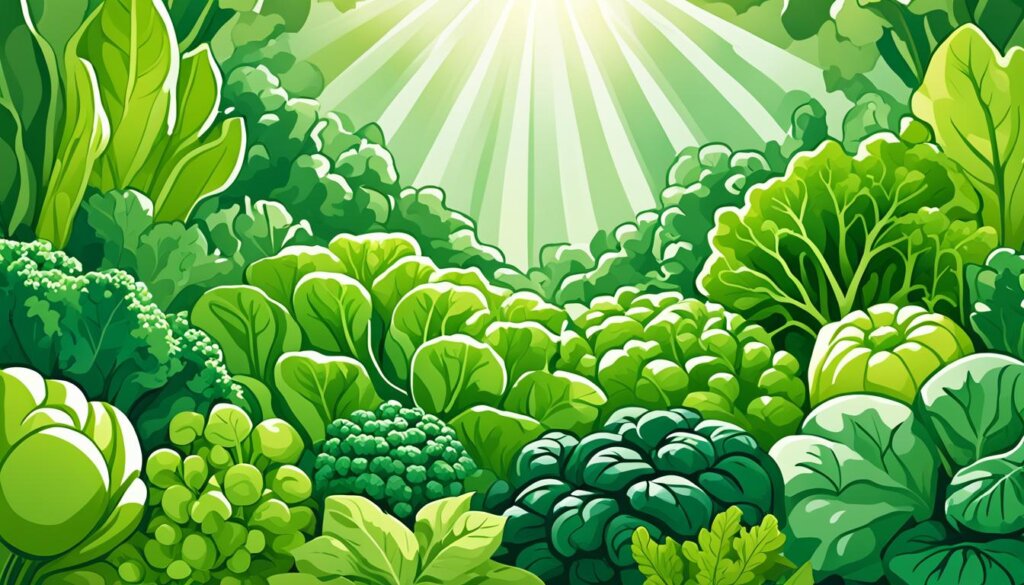
“Incorporating dark leafy greens into every meal is key for optimal health.” – Camille Styles
Always add dark green veggies to your meals, whether it’s in a salad, soup, or omelet.
Meeting the Recommended Intake
The Dietary Guidelines for Americans suggest eating more fruits and veggies. Dark green veggies are full of vitamins, minerals, and fiber. Aim for 1 1/2 cups of dark greens each week. Try adding them to salads, wraps, soups, and stir-fries.
Dark green veggies like Swiss chard and kale are packed with nutrients. Eating them often helps you get the vitamins and antioxidants you need for good health.
Vegetable | Nutritional Benefits |
|---|---|
Swiss Chard | Provides 299 mcg of vitamin K per cup, meeting 249% of the daily value. |
Turnip Greens | Offer 138 mcg of vitamin K and 107 mcg of folate per cup. |
Kale | A cup of raw kale provides 80 mcg of vitamin K and 19 mg of vitamin C. |
Collard Greens | Supply 324 mg of calcium, 34 mg of vitamin C, and 135 mcg of folate in one cooked cup. |
Spinach | Provides 0.813 mg of iron per cup raw, and 6 mg cooked. |
Adding these dark green veggies to your meals helps you meet the recommended intake and enjoy their health benefits.
“Only one in 10 adults in the U.S. meet the guidelines for vegetable consumption according to the U.S. Centers for Disease Control and Prevention.”
Don’t worry about the stats. With some creativity and effort, you can eat more dark green veggies and feel great. Adding these foods to your diet is a step towards better health and well-being.
Cooking Tips for Dark Green Vegetables
Keeping the nutrients in dark green veggies is key for their health benefits. Use the right cooking methods to keep them fresh.
Preserving Nutrients
Steaming is a top choice for cooking dark greens. It keeps vitamins, minerals, and antioxidants safe. Boiling and microwaving work too, but don’t overdo it to save nutrients. Try to eat them raw or lightly cooked for the best nutrition.
For the best results, cook dark greens with little water in steamers or stir-fry them. They stay green for 5-7 minutes of cooking, thanks to less acid. Canned greens like peas and beans turn yellow from the high heat and long cooking.
Salt doesn’t much affect green veggies’ chlorophyll, but baking soda does, making a green molecule called chlorophyllin. Blanched veggies stay greener than raw ones, thanks to boiling water. Cooking them without a lid doesn’t really change their color much. But, acidic dressings can turn them olive green by attacking the chlorophyll.
Follow these tips to keep your dark green veggies nutritious and colorful.
Dark Green Vegetables Recipes
Adding dark green veggies to your meals is tasty and easy. Try making spinach and pepper quesadillas, pumpkin pancakes, or a cheesy pasta with summer veggies. These recipes show how to add healthy greens to your favorite dishes, making them better and tastier. Play with different cooking ways and flavors to make dark green veggies a staple in your diet.
Leafy greens like kale, bok choy, and arugula are packed with vitamins, minerals, and antioxidants. Cooking them can highlight their taste and keep their nutrients. Adding these greens to your meals helps with weight control, heart health, strong bones, and managing Type 2 diabetes.
For a fast and healthy meal, make spinach and pepper quesadillas. Sauté spinach with peppers, onions, and spices, then put the mix between whole-wheat tortillas with cheese. Or, try pumpkin pancakes with greens like kale or chard for a sweet treat.
For a bigger meal, go for cheesy pasta with summer veggies. Mix cooked whole-wheat pasta with sautéed zucchini, peppers, and tomatoes, then add a creamy cheese sauce and fresh basil or arugula. This mix of greens, whole grains, and cheese makes a fulfilling and healthy meal.
Remember, you can swap dark green veggies in many recipes, so feel free to try new things. Adding these greens to your daily meals is an easy way to improve your health and happiness.
Conclusion
Dark green vegetables are packed with nutrients that boost your health and well-being. They are full of vitamins and have strong antioxidants. These foods support your immune system, brain, and even help prevent cancer and manage weight. Adding them to your diet is a big step towards better nutrition and health.
Even though dark green veggies are great for health, many people don’t eat them. Try to eat foods like kale, spinach, broccoli, and Swiss chard every day.
Make dark green veggies a key part of your meals. They give you important vitamins, minerals, and phytochemicals. These help keep you healthy and happy.
FAQ
What are dark green vegetables?
Dark green vegetables include kale, spinach, collard greens, and more. They are full of vitamins, minerals, fiber, and antioxidants. Their deep colors show they are packed with nutrients.
What are the health benefits of dark green vegetables?
These veggies are full of vitamins A, C, E, and K, plus folate, iron, calcium, and magnesium. They have antioxidants like lutein and beta-carotene. These help protect cells and lower disease risk. The fiber in them is good for your gut and heart.
How can dark green vegetables support cancer prevention and heart health?
Antioxidants in these veggies can protect against cancer. They fight off free radicals and reduce cell damage. The fiber and nutrients help keep your heart healthy by lowering cholesterol and blood pressure.
What types of dark green vegetables are considered nutrient-dense?
Nutrient-dense dark greens include kale, spinach, and collard greens. They are full of vitamins, minerals, fiber, and antioxidants. These leafy greens offer many health benefits.
How much dark green vegetables should I aim to consume?
The Dietary Guidelines suggest eating 1 1/2 cups of dark green veggies a week. This boosts your intake of vitamins, minerals, and fiber.
What are the best ways to cook dark green vegetables to preserve their nutrients?
Steaming is a top way to cook these veggies and keep their nutrients. Boiling and microwaving work too, but don’t overdo it. Overcooking can reduce nutrient levels.
How can I incorporate more dark green vegetables into my diet?
Add dark greens to salads, wraps, soups, and stir-fries. You can also steam them and use them in omelets or as a side. These methods make it easy to enjoy their taste and benefits.
